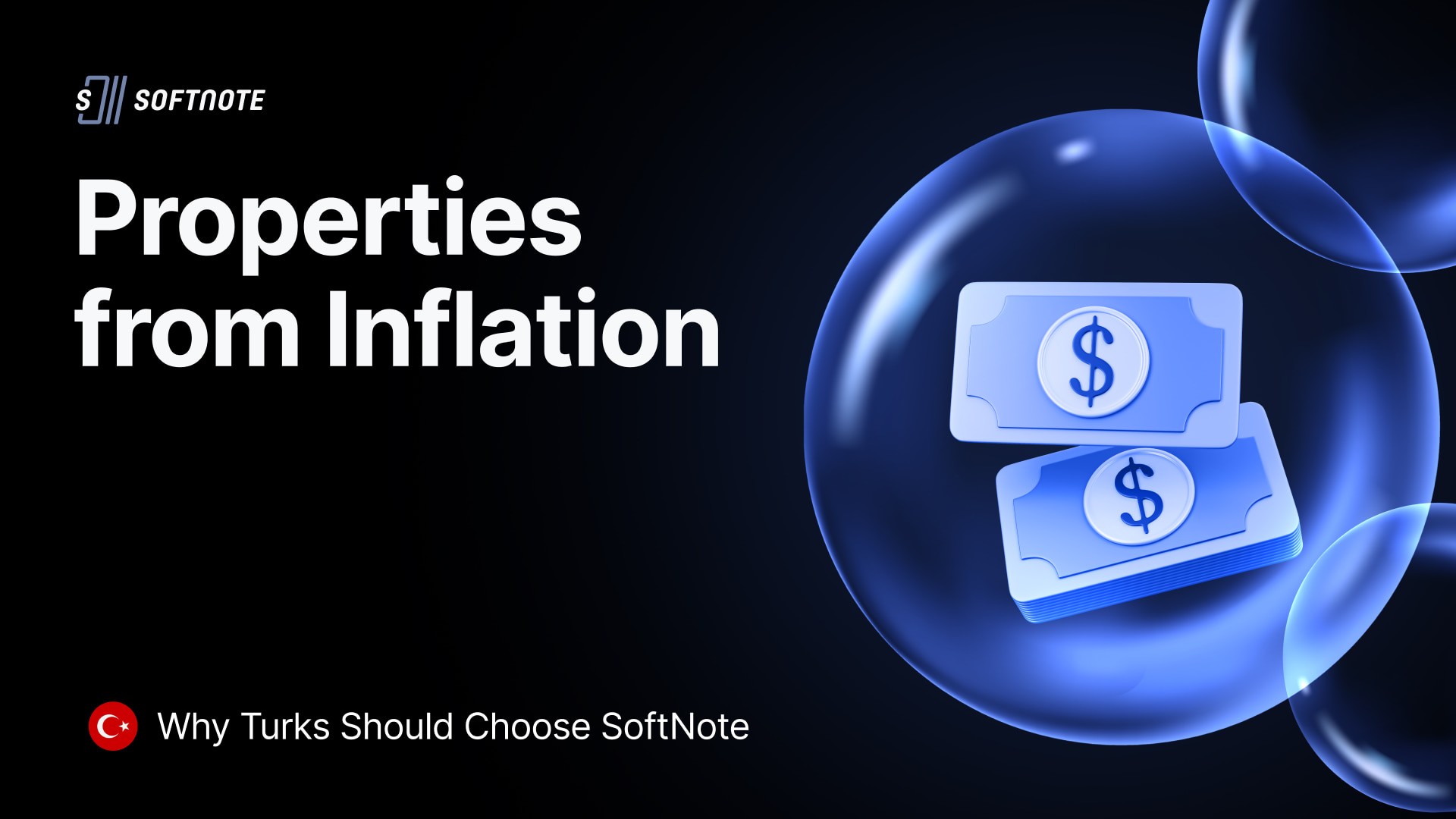Before discussing possible solutions, it is essential to outline the problems and how the country got to this point in the first place. This article will also highlight similar cases from other countries to help readers understand why Turkey is going through this phase today.
What Happened to the Turkish Lira?
The simple answer is that the value of the Turkish Lira has dropped to an all-time low. However, answers to questions are almost never simple. To better understand what is happening in 2023, we have to go back all the way to 2021. This was when the Turkish government took all the wrong steps to stabilize the nation’s currency.
In 2021, the Turkish Central Bank sold off a significant amount of foreign currencies. When giving a statement, the financial institution claims that the initiative was done to combat unhealthy price formation. Most experts questioned this move, considering that the country already had a near-empty reserve.
For those who do not understand, it is very important to have a significant amount of reserve assets. These foreign reserves help governments facilitate international transactions, which are essential for maintaining the domestic currency and mitigating economic challenges.
When two countries trade, they typically use the US Dollar to transact as it is the recognized international currency. This means that the party who wants to make a purchase must have the required amount of US Dollars or any other currency needed for trading. Any country that does not have the required amount will either have to take loans or stay without trading.
Considering the importance of a foreign reserve, the whole idea of selling off as much as $1 billion from the nation’s coffers was a terrible idea. Especially with Turkey being popular for exporting items like cars, gold, automotive parts, accessories, and t-shirts. Exports like cars are capital-intensive and require companies to purchase parts from Germany, China, UK, France, etc.
More Wrong Policies and Similar Cases
As shown above, selling off reserve currencies has a very devastating effect on the domestic economy of any country. With dwindling assets, the central bank had to do something very quickly. As with all quick fixes, they also made a terrible decision. Just before the elections in June, the apex financial institution announced the prediction of rates from 19% to 8.5%.
While it helped Erdoğan’s re-election bid, the same cannot be said of the nation’s economy. Reducing interest rates without boosting the economy is like burning tokens of a blockchain project without creating use cases. It may create a small buzz for a while, but people will soon discover it is a fluke.
This is evident in the immediate surge after the announcement, with the Lira gaining up to 8.5% against the dollar. However, the currency plunged further and lost 30% against the dollar. Turkey is not the only country to have made terrible decisions and tried to manipulate simple finance.
A good example is Nigeria, where the newly-elected president devalued the Naira and claimed to have initiated a parallel market. Like with Turkey, Nigeria did not have enough foreign currency to maintain a parallel market. Instead, the price of dollars simply increased on the black market to more than 1,000 Naira.
To cover up their mess, the central bank manipulated the order books and claimed that the country’s currency had risen against the dollar to about 905 Naira. However, the trick did not work, and the Naira quickly dropped to 1170 in less than 3 days. Right now, It takes between 1-3 months to get dollars from banks in this African nation.
Another example is Ghana, where the country ran out of foreign currencies and began trading with its gold reserves. The impact is so bad that a parliamentary member made a joke about the Central Bank governor carrying a bag to the IMF to beg for loans.
Cryptocurrency as a Means of Protecting Assets From Inflation – What Are The Possibilities?
Everything in finance is interconnected – imports, exports, loans, inflation, and it all centers around trading. Inflation is the process whereby prices for products and services increase as a result of an increase in the cost of production. Considering this factor, it is rather baffling that national governments and central banks will rather employ manipulative tactics than implement proper policies to solve problems. These issues do not appear from thin air but are usually products of wrong decisions.
Business owners cannot easily purchase the components necessary for production. As a result, they have to take extra measures that will cost them more. After producing the finished good, they will transfer the entire cost when deciding on the value at which to sell. Therefore, the best way to cut down on the cost of items is by reducing the cost of production and making it easier for people to obtain what they need.
With most governments and central banks not being able to serve this purpose, most individuals are turning to cryptocurrencies as a means of protecting their assets from inflation. Back in July 2022, only 5.5% of people in Turkey own crypto. However, statistics from September 2023 show that about half of the Turkish population holds digital assets. Instead of using the Lira which is on a steady decline, most people would rather own and trade blockchain coins.
Upon further inquiries, these are the following reasons they gave for using crypto in trading:
- It is a more accessible way to own foreign currencies
- Crypto enables seamless international trades
- It is more secure and risk-averse than the Turkish Lira
- Blockchain tokens are decentralized and not controlled by a central bank
- Every process is transparent, and there are no price manipulations with crypto
- It offers higher returns on investment when compared to the Turkish Lira
Considering the current inflation rate, that number should even be higher. However, a significant number of the population (especially older people) are skeptical about owning blockchain tokens. Although they agreed that it is a great method of protecting their assets from inflation, they are still unwilling to take the risk.
When asked, they outlined the following points as their major concerns:
- The complex nature of using cryptocurrencies
- Volatility of most cryptocurrencies
- The expensive cost of completing transactions
- User safety and security
Tectum SoftNote Bills – The Most Comprehensive Means of Protecting Assets From Inflation
Tectum understands the challenges of using cryptocurrencies for transactions. This is why we created SoftNote Bills as a more simple way of making a Bitcoin payment and protecting assets from inflation. For those who are not familiar with this solution, it is an innovative and implied process of sending and receiving cryptocurrencies without having to learn excessive technical details. In fact, it works similarly to buying an item from A101 or BIM.
Instead of the typical blockchain wallet and public key, people send and receive blockchain via a QR code and secret code. The receiver does not need to own a crypto wallet to receive tokens. Anyone who can use a QR scanner and has a phone can send or receive money via SoftNote. Even merchants can benefit from this technology to support their businesses.
Here is a simple step-by-step process to receive Bitcoin via a SoftNote Bill:
- Get the QR Code from the sender
- Scan the QR code to access the funds stored on the SoftNote Bill
- The system will prompt you to enter the secret code
- Get the secret code from the sender
- Enter the secret code to claim the funds available on the bill.
- The system will change the code, and only you will have access to the new code.
The best part about SoftNote Bills is that it is built on Tectum – the fastest blockchain in the world. Therefore, users do not have to worry about delayed transactions or network congestion. Unlike regular Bitcoin, all transfers done through the Tectum network – T12 Protocol are free of charge. This means that users do not have to pay gas fees at all. In addition, SoftNote merchants who receive payments will only pay a 1% commission on the transactions they receive.









